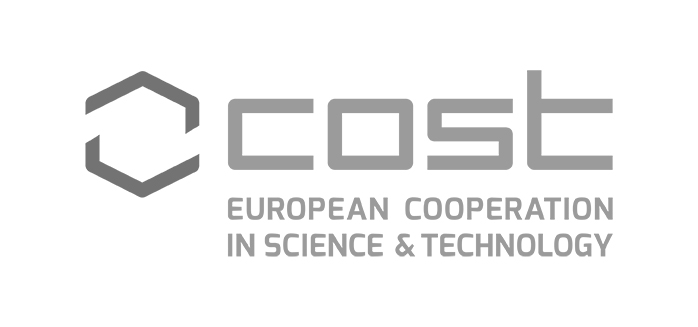Dr Safet HadžiMuhamedović and his colleagues from several European universities have won a COST Action award funded by the European Cooperation in Science and Technology, worth a total of £500,000, for a four-year research network project titled TRACTS: Traces as Research Agenda for Climate Change, Technology Studies, and Social Justice. The project starts in September 2021.
TRACTS brings together scholars from disciplines of the social sciences and humanities with artists, decolonial activists, memorialization experts and legal professionals to bridge current cultural, political and geographical gaps in research on traces. In response to the recent waves of populism, actors as diverse as environmentalists, human rights activists, and curators have been confronting and creatively deploying the legacies of the 20th century. This shows no sign of abating in a Europe marked by rapid technological, environmental and socio-economic changes. As such, mapping the challenges in the realms of social justice, climate change, and technological impact on society requires reflecting on and producing new understandings regarding traces.
A trace, be it object, trail, ruin, archival record, or memory, is both a mark and a track of the past and the future, that can be found and followed in the present. Scientific research on traces and the use of tracing as a conceptual or analytical tool permeates many fields, including heritage and museum studies; analyses of landscape and environmental impact; investigations of colonial legacies in political institutions and Europe-wide remnants of mass violence; and studies of personal digital footprints, GPS tracking and technologies of surveillance. Surprisingly, however, the theoretical and methodological approaches to analysing traces have never been comprehensively coordinated across disciplines and research practices.
The TRACTS COST Action intends to bring together and learn from this wide-ranging and disjointed scholarship by fostering a pan-European network, which is bottom-up, innovative, critical, and inclusive. This network brings together academics from the humanities (philology, art history, archaeology, history) and the social sciences (social anthropology, ethnology, law, sociology) with visual and sound artists, museum and independent curators, environmentalists, human rights activists, memorialization experts and policymakers to bridge current cultural, political, and geographical gaps in European research on traces.
TRACTS has five Working Groups:
- Trace as ethical, methodological and conceptual challenge
- Traces and Social Justice
- Traces and Climate Change
- Traces and Technology
- Dissemination and Science Communication
The European Cooperation in Science and Technology (COST) is an intergovernmental organization established in 1971. It is the longest-running European funding framework for international cooperation in research and science across Europe. COST provides support for the promotion of international cooperation and networking in the scientific and research community.

